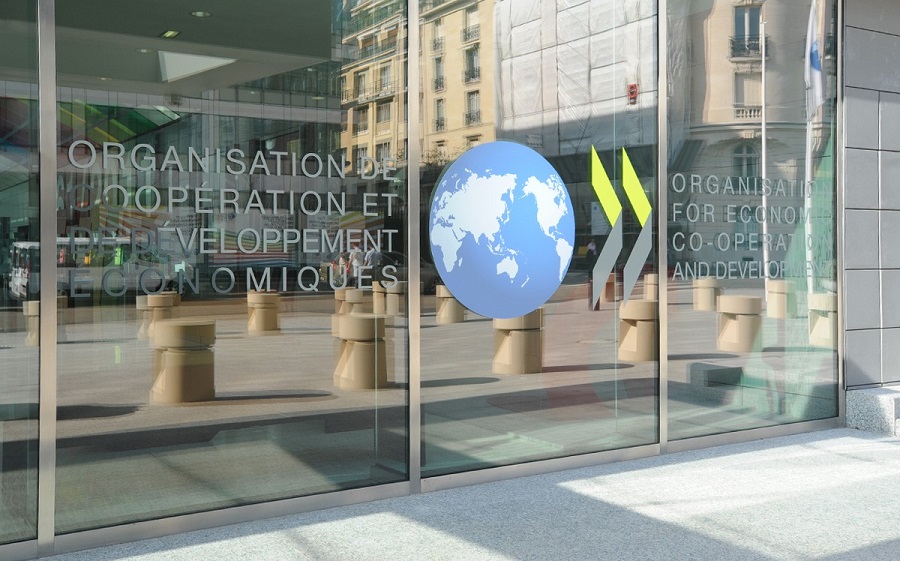RIO DE JANEIRO, BRAZIL – The Secretary General of the Organization for Economic Cooperation and Development (OECD) Mathias Cormann has been testing a plan for the entry of new members. This could help mitigate potential resistance to negotiations with the Jair Bolsonaro government.
Cormann’s plan is to begin the accession process for the six current candidate countries at the same time: three South Americans(Brazil, Argentina and Peru) and three European (Romania, Bulgaria and Croatia).
Subsequently, the pace of membership will depend on how each one progresses in the negotiations to adjust to the organization’s rules, which has growing influence in global governance.

One of the latest attempts by former OECD Secretary-General José Ángel Gurría had been to begin the accession process with Brazil and Romania, setting deadlines for negotiations to begin with the other four candidates.
But the Trump administration rejected the plan. Washington wanted a gradual opening, for one to two new partners, but with no guarantees for future entry of European partners, as the European Union (EU) wants.
Now, Cormann is trying to break the impasse, without formally laying the proposal on the table until he gets some support. The talks are expected to gather pace on the sidelines of the OECD summit on October 5 and 6 in Paris, to be attended by U.S. Secretary of State Antony Blinken.
The conference agenda does not officially include the organization’s extension, but it is an inevitable issue in the talks among the ministers. Since Joe Biden took over the U.S. presidency, the Americans have not given any signals on what they will do in the entity.
The Bolsonaro government will send a delegation of 3 ministers to Paris to attend the OECD conference: Minister of Foreign Affairs Celso Franco, Chief of Staff Ciro Nogueira, and Minister of Citizenship João Roma. The Brazilian delegation is expected to meet with the American delegation, led by Blinken, and the European delegation.
The main stalemate is between Washington and Brussels over the directions of OECD expansion. However, some observers are positive about Mathias Cormann’s plan to overcome any potential resistance. For instance, Croatia has a border dispute with Slovenia, one of the 38 members of the entity.
In the case of Brazil, no country has officially declared to be against its accession to the organization. In fact, formal support is present on all sides, but there is no hurry in the negotiations with the country. If the Brazilian economy were booming, it might have helped. But the prevailing factor today is the negative influence of President Jair Bolsonaro with his environmental policies and his strong opposition to science in the fight against the Covid-19 pandemic.
For French President Emmanuel Macron, agreeing to negotiate Brazil’s accession under Bolsonaro would be additional political strain ahead of next year’s French presidential election. In February, France did not agree to Brazil’s membership in the OECD’s Environment Committee being upgraded. Brazil was thus unable to advance from the “guest” status to that of “participant” in the committee.
From a technical standpoint, in any case, Brazil has already acceded to 100 of the entity’s 246 legal instruments, “a record never reached by any other non-member before being invited to begin accession discussions,” according to the OECD.
Of the 8 mandatory instruments, Brazil has not yet joined the codes for liberalization of capital transactions and intangibles, but the process has been virtually completed, pending only the approval of the new foreign exchange law in progress in the Federal Senate.

